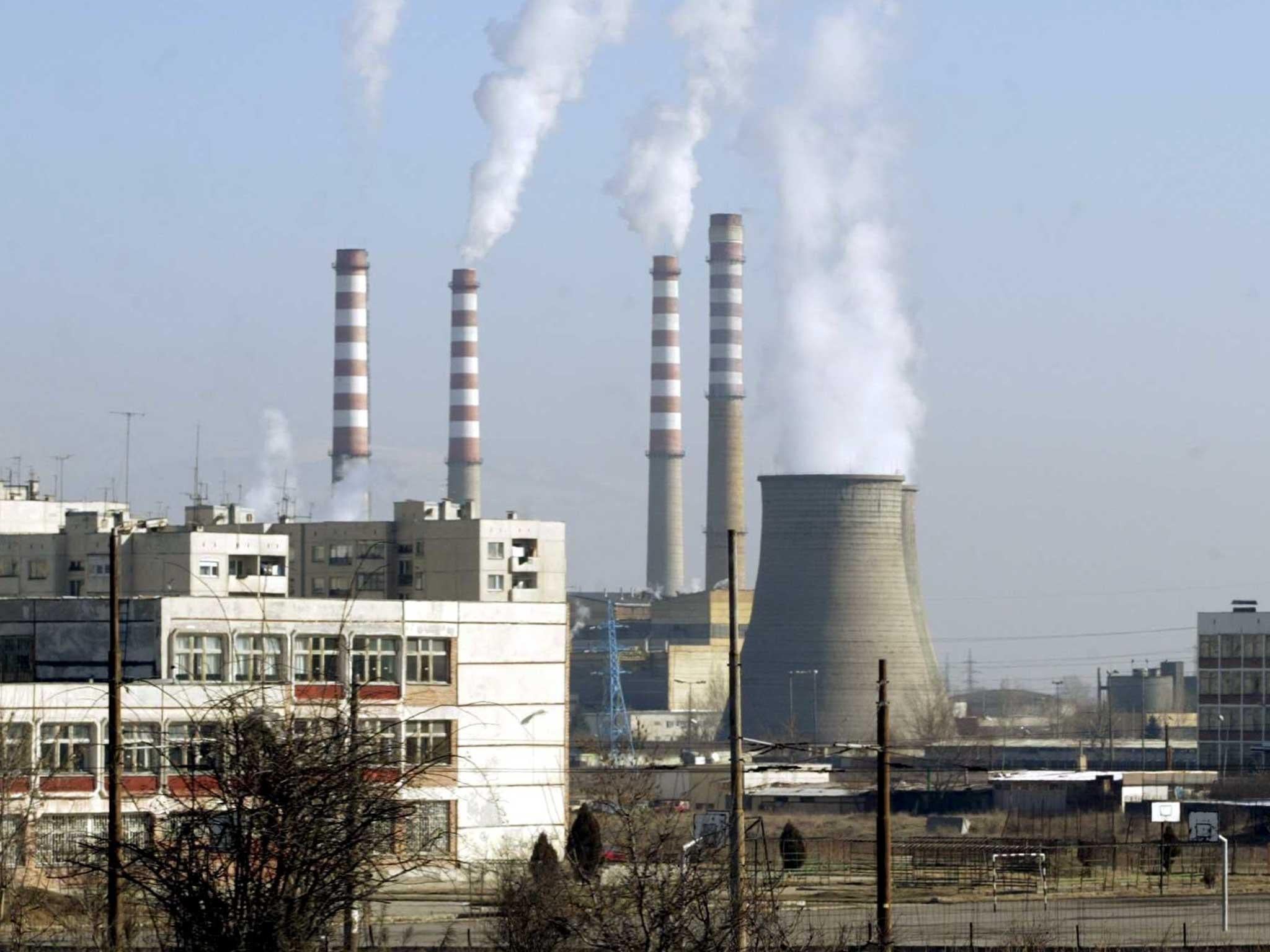EU passes air pollution bill to prevent 400,000 premature deaths across Europe
An estimated 50 per cent cut in the impact of harmful emissions on public health is anticpiated by 2030 provided the legislation's targets are met

Your support helps us to tell the story
From reproductive rights to climate change to Big Tech, The Independent is on the ground when the story is developing. Whether it's investigating the financials of Elon Musk's pro-Trump PAC or producing our latest documentary, 'The A Word', which shines a light on the American women fighting for reproductive rights, we know how important it is to parse out the facts from the messaging.
At such a critical moment in US history, we need reporters on the ground. Your donation allows us to keep sending journalists to speak to both sides of the story.
The Independent is trusted by Americans across the entire political spectrum. And unlike many other quality news outlets, we choose not to lock Americans out of our reporting and analysis with paywalls. We believe quality journalism should be available to everyone, paid for by those who can afford it.
Your support makes all the difference.A directive that will reduce air pollution and prevent an estimated 400,000 premature deaths a year across the EU has been passed by the European Parliament.
The legislation sets targets for emissions of sulphur dioxide, nitrogen oxide, volatile organic compounds, ammonia and fine particulate matter and estimates an almost 50 per cent improvement in health impact by 2030.
Julie Girling, the Conservative MEP who drafted the resolution, said poor air quality has a detrimental effect on public health and implementing the new targets would ultimately prove cost effective.
She told The Independent the legislation goes a long way to address some of the major issues caused by air pollution.
“I am very happy to see this key piece of legislation take its final step onto the statute books after three years of work for me and more for some officials,” Ms Girling said.
”Poor air quality is an urgent public health issue. In recent years there has been a focus on reducing CO2 emissions and perhaps we have neglected air pollution despite its high cost for people's health, the economy and the natural environment. This legislation goes a long way to address that.
“Some argue these measures do not go far enough, but we have to be cognisant of the political reality and not allow perfection to be the enemy of good.”
The two main sources of these pollutants come from agriculture and transport and Ms Girling said there was work to be done to reach the targets.
“Between 2020 and 2030 they have to do some significant heavy-lifting to improve air quality. Because this is the framework and this reduces the amount of pollutants [that member states] are allowed to admit in total across [the EU],” Ms Girling told The Independent.
“It has a massive impact on transport, on the use of diesel. I think in five or 10 years’ time we will see far less diesel cars on our roads and certainly far less small.
"It is the small diesels, the little sort of run-around cars that people have been encouraged to buy that are really going to cause problems. I think manufacturers will switch back to petrol or move to electric,” she added,
The legislation is thought to reduce external costs associated with air pollution by as much as £640 billion and add roughly 110,000 new jobs, according to the European Commission.
Ms Girling told The Independent: “[It is] absolutely cost effective. If you take it against of cost of health care and lost days at work.
“So yes, it is an absolute no-brainer that it is cost effective. The only problem is getting governments to look ahead far enough.”
Join our commenting forum
Join thought-provoking conversations, follow other Independent readers and see their replies
Comments